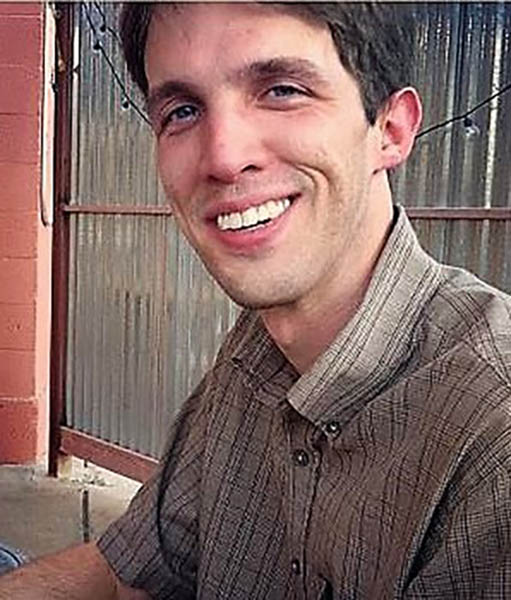

Education:
- Ph.D. (2007), University of Illinois
- B.A. (1997), M.A. (2000), University of Alabama
Teaching/Research Interests:
- American literature (especially poetry) from the nineteenth century to the present
- lyric theory; critical and cultural theory
Book:
- Unlimited Eligibility? Inclusive Democracy and the American Lyric. SUNY Press, 2025.
Journal Editing:
- Editor, The Emily Dickinson Journal
- “'Dragons – in the Crease –’: Dickinson’s Dangerous Lyricism.” The Oxford Handbook of Emily Dickinson, edited by Cristanne Miller and Karen Sanchez-Eppler, Oxford UP, 2023, pp. 149-164.
- “‘Inexhaustible Splendor’: Thylias Moss, Praise Poetry, and Racial Politics.” MELUS: Multi-Ethnic Literature of the United States, vol. 41, no.1, 2016, pp. 125-147.
- “‘We fathom you not – we love you’: Walt Whitman’s Social Ontology and Radical Democracy.” Criticism, vol. 56, no. 4, 2014, pp. 761-780.
- “Interrogating the ‘Egotistical Sublime’: Keats and Dickinson Near the Dawn of Lyricization?” The Emily Dickinson Journal, vol. 22, no. 1, 2013, pp. 53-73.
- “Beyond the Cheated Eye: Dickinson’s Lyric Sociality.” Nineteenth-Century Literature, vol. 65, no. 1, 2010, pp. 38-64.
- “‘Complexities Which Will Remain Complexities’: The Environmentalist Epistemology of Marianne Moore’s ‘An Octopus.'” Paideuma, vol. 33, nos. 2&3, 2004, pp. 3-27. Reprint of “The Betrayal of Pragmatism?: Rorty’s Quarrel with James.” Pragmatism, Volume 3, edited by Alan Malachowski, Sage Publications, 2004, pp. 195-204. Print
- “The Betrayal of Pragmatism?: Rorty’s Quarrel with James.” Philosophy and Literature, vol. 24, no. 1, 2000, pp. 83-95.
Teaching:
- Undergraduate classes include: Introduction to Literature, Survey of American Literature I, Survey of American Literature II, Critical Writing.
- Topics for Upper-Level and Graduate classes include: Emily Dickinson, Eco-Poetries, Form and Politics in Twenty-First Century American Poetry, Lyric Theory, Lyric and Identity in the Late Twentieth Century, Poetic Modernism(s).
Teaching Philosophy:
Whether the focus of a class is broad or narrow, for first-year or for graduate students, I hope to establish a sense of mutual trust. This trust is built by communicating in conversation, class discussion, or comments on papers that though I am here to teach texts I have read multiple times, I am eager to continue to learn alongside students who approach these texts for the first time. After all, if I want students to risk rethinking their preconceptions, then so should I. This makes it possible to establish lines of inquiry that encourage students not only to appreciate the art of literature but to feel comfortable enough to explore how they are implicated by its history and discursive practices. It is this difficult reflection about self and culture that generates both great research in the classroom and an enriching sense of literature’s relevance in the wider world.
Contact: ryancull@nmsu.edu or 575-646-3074
